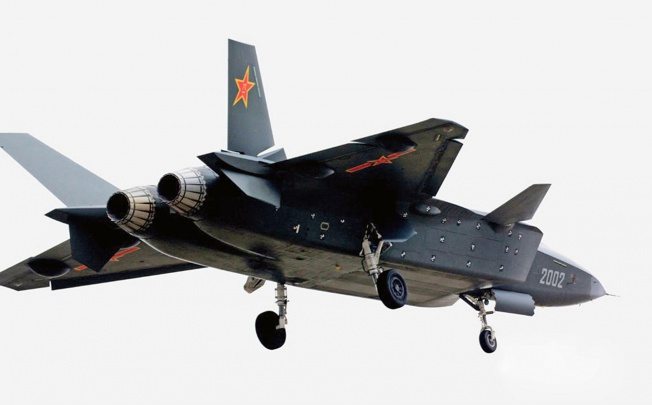In 1989 several Western states imposed arms sanctions on China. However, China has continued to take advantage of the military-relevant Western goods and technologies in the efforts to modernize its defence forces’ industrial and technological abilities.
This Insurance Policy Paper particulars the guidelines of 4 Western states-France, Germany, the Uk and also the U . s . States-on transfers of military-related technologies to China, including military goods, dual-use products-goods and technologies that have the possibility for use both in civilian and military items-along with other non-controlled products which have performed a job in the introduction of China’s military abilities.
This Policy Paper details the policies of four Western states—France, Germany, the United Kingdom and the United States—on transfers of military-related technologies to China, including military goods, dual-use items and other non-controlled items that have played a role in the development of China’s military capabilities. It also documents the nature and extent of transfers of military-related technologies from Western states to China and the impact of these transfers on China’s defence industrial and technological modernization.
This Policy Paper, therefore, represents an important contribution to increased understanding of Western contributions to the PLA modernization process. It provides detailed insights into the key commonalities and differences regarding Western states’ policies on controlling transfers of military-relevant technologies to China, and lays out recommendations aimed at building more hamonized and transparent practices in this area. The authors, Oliver Bräuner, Mark Bromley and Dr Mathieu Duchâtel, have combined their expertise on the international arms trade, export controls and China’s foreign and security policy to provide an analysis of the historical background, re cent political developments and actual defence-related transfers from the major Western arms exporters to China. Their work will provide a solid reference for academics and policymakers in both China and the West.
This research project has been made possible by a generous grant from the Norwegian Ministry of Foreign Affairs and SIPRI is tremendously grateful for this continued support. I would also like to express my personal gratitude to the three authors for this highly valuable contribution to the European debate on the security relationship with China, a topic that will certainly become even more salient in the coming years.
The authors conclude that, while Western transfers of militarily-relevant technology to China will stay limited for that expected future, Western states have to develop more harmonized and transparent methods to the problem that take relevant developments within China into consideration.
Read Full Report in PDF format (68 pages):
Western Arms Exports to China (310 downloads)
[ppgallery id=”17″]










